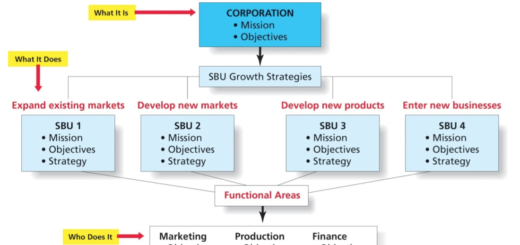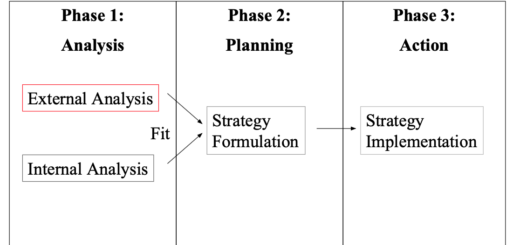The Evolution of Management
The evolution of management has taken place over several centuries, with various approaches and schools of thought emerging and developing over time. Here is a brief overview of the major stages of the evolution of management:
Contents
Classical Approaches (1880s-1925s):
This stage of management evolution saw the emergence of scientific management, administrative management, and bureaucratic management theories. The focus of these theories was on improving efficiency and productivity through the application of scientific principles and the standardization of work processes.
- Scientific Management: Developed by Frederick Winslow Taylor, this approach emphasizes the importance of breaking down tasks into smaller, specialized tasks that can be performed more efficiently, and focuses on the systematic study of work and the development of standard operating procedures.
- Administrative Management: Developed by Henri Fayol, this approach focuses on the design and structure of organizations and the processes and functions necessary for effective and efficient management, and emphasizes the importance of clear policies, procedures, and processes, as well as the development of organizational goals.
- Bureaucratic Management: Developed by Max Weber, this approach emphasizes the importance of formal structure, rules, and procedures in the functioning of organizations, and focuses on the importance of clear lines of authority, specialized tasks, and impartial decision-making.
These classical approaches have had a significant impact on the field of management, and their principles and ideas continue to influence management practices and organizational design in many organizations today. However, they have also been criticized for their focus on efficiency and productivity at the expense of worker well-being and satisfaction, as well as their rigidity and lack of flexibility.
Neo-Classical Approaches (1926s-1950s):
During this stage, management theorists began to shift their focus from purely technical and economic considerations to the social and psychological aspects of work. The Hawthorne Studies, which investigated the impact of workplace environment on worker productivity, were a significant event of this era.
Behavioral Approach: The approach emphasizes the importance of considering the human dimension in management theory and practice, and of creating organizations that are both efficient and effective and supportive of the needs and well-being of employees. OR
Human Relation Approach: The human relations movement, led by Elton Mayo, emphasized the importance of recognizing and addressing the social and psychological needs of workers to improve productivity and job satisfaction.
System Approach (1950s-1975s):
The management science era was characterized by a focus on the use of quantitative techniques, such as linear programming and operations research, to improve decision-making in organizations. This stage of management evolution emphasized the use of mathematical models to optimize business operations and solve complex problems.
Contingency Approach (1975s- Till Date):
This stage of management evolution recognized that there is no single “best” way to manage an organization and that the best approach depends on the specific situation. The contingency approach argued that management practices and techniques should be tailored to fit the particular needs of each organization.
These stages of the evolution of management have been shaped by various factors, including advances in technology, changes in the business environment, and the development of new management theories and practices. The evolution of management continues to this day, with new approaches and perspectives emerging in response to the challenges and opportunities of a rapidly changing business world.




1 Response
[…] Evolution of Principle of Management […]